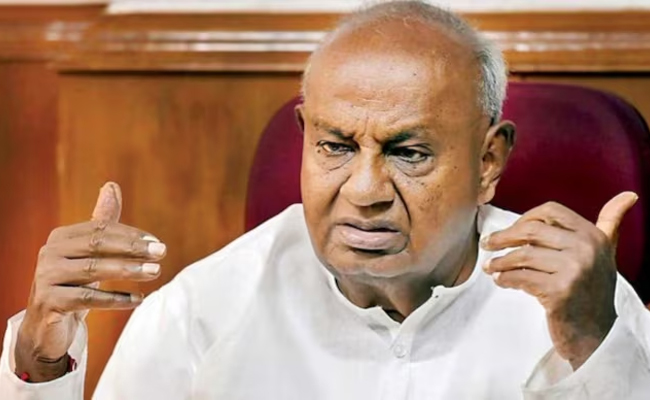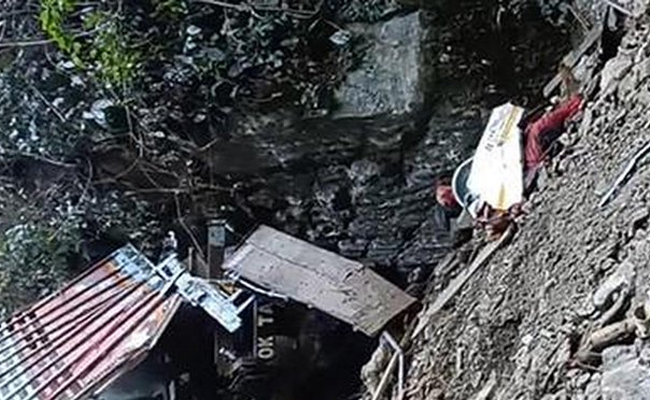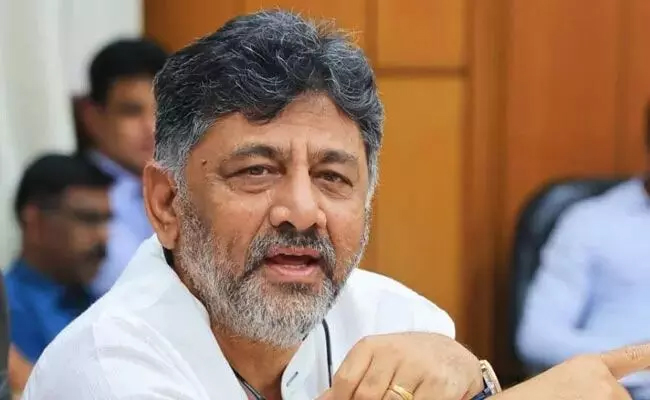New Delhi, June 9: MAMI Festival Director Anupama Chopra on Saturday launched MAMI Year Round Programme here in presence of filmmakers and board members Zoya Akhtar, Anurag Kashyap and Vishal Bharadwaj.
Cinema exhibition chain PVR Cinemas is piloting the Delhi Edition of MAMI (Mumbai Academy of Moving Image), read a statement to IANS.
The coming of the fest to Delhi was marked by screening of Wes Anderson's "Isle of Dogs" at PVR ECX, Chanakya. It will be followed by Ari Aster's "Hereditary" on Sunday.
"I am thrilled that in the 20th year of MAMI, we are stepping out of Mumbai. We hope we can help foster a great cinema culture in Delhi. Thank you PVR for all your support," Anupama said.
The launch was officially opened by Ajay Bijli, Managing Director, PVR, and Sanjeev Bijli, Joint Managing Director, PVR; along with Akhtar, Kashyap, Bharadwaj, Anupama and festival's creative director Smriti Kiran.
Ajay feels the "Year Round Programme represents one of the first opportunities for audiences in Delhi to see the very best from across the globe".
"With this launch, PVR aspires to bring together distinguished industry specialists and discerning movie lovers through accessible screenings, panels, workshops and showcasing cinema that embraces diversity, innovation and unique perspectives," Ajay said.
Kiran was thrilled to get the MAMI Year Round Programme to Delhi.
"Our commitment is to showcase the best of the cinema for movie lovers and create a strong film culture in the city. To alter sensibility, you have to engage regularly and facilitate viewers to celebrate and dissect, discuss and debate, engage and argue, agree and disagree about what they love most: Cinemaa.We have big plans for Delhi."
The MAMI Year Round Programme launched in 2016 in Mumbai, started with the belief that it is not enough to have a week-long film festival. The Academy now hosts weekly screenings, workshops and conversation sessions for film lovers in the country.
Till date, the MAMI Year Round Programme in Mumbai has screened over 40 films which include "Lady Bird", "The Square", "Zama", "The Shape of Water", "Three Billboards Outside Ebbing Missouri" and "Village Rockstars".
Let the Truth be known. If you read VB and like VB, please be a VB Supporter and Help us deliver the Truth to one and all.
New Delhi (PTI): Former Prime Minister H D Devegowda on Monday said the Opposition parties would "suffer" if they continue to raise allegations of "vote chori" and create suspicion in the minds of voters by blaming Prime Minister Narendra Modi-led government.
Participating in a discussion on election reforms in the Rajya Sabha, he criticised the Opposition for making a mockery about the Prime Minister "in the streets and on the public platform".
"This (India) is a very big country. A large country. Congress may be in three states. Remember my friends please, by using the words 'vote chori' you are going to suffer in the coming days. You are not going to win the battle," Devegowda said, referring to the Opposition members.
He asked what the Opposition is going to earn by "blaming Narendra Modi's leadership and creating a suspicion in the mind of the voters" through the claims of "vote chori".
"What has happened to their minds? Let them rectify," Devegowda said.
ALSO READ: Search operation ends in Anjaw truck accident, 20 bodies recovered
The former prime minister said that during his over seven decades of public life, he has never raised such issues of vote theft despite facing defeat in elections.
He also cited a letter written by the then Prime Minister Jawaharlal Nehru regarding inclusion of "18,000 votes" (voters) in Kerala.
"Why I am telling this (because) during the Nehru period also, there were certain lapses in the electoral system," said Devegowda, who was the prime minister between June 1, 1996 and April 21, 1997.
He said that the Congress party faced defeat in the recent Bihar elections despite raising the issues of mistakes in the electoral rolls.
"What happened after that even after so much review (of voters list). Think (for) yourself! You got six MLAs," the senior Janata Dal (Secular) leader said.
Devegowda questioned the Opposition as to why they want to make allegations against the prime minister on the issue of the voters list?
"Election Commission is there. Supreme Court is there. The Election Commission has given direction to all the state units to rectify all these things," he said.
Devegowda said people of the country have full confidence in Narendra Modi's government and it will come back to power after the next Lok Sabha elections as well.
K R Suresh Reddy, Bharat Rashtra Samithi (BRS) party's Rajya Sabha member from Telangana, said that electoral reforms are the backbone for a healthy democracy.
He said a large and diverse nation like Indi needs clean electoral rolls.
Asserting that strict re-verification should not become a mechanism for exclusion, Reddy said no eligible voter should lose their right to vote simply because accessing paperwork is difficult.
He said while the concern definitely is on the voters' exclusion, "we should also be equally concerned about the percentage of voting."
"What is happening in voting today? Once the election ends, the drama begins. The biggest challenge that the Indian democracy has been facing in spite of two major Constitutional amendments has been the anti-defection. Anti-defection is the name of the game today, especially in smaller states, especially where the legislatures are small in number," Reddy said.
The senior BRS leader suggested creation of a parliamentary committee "which would constantly look into the defection" and "ways and means to cutting that".
AIADMK's M Thambidurai raised the issues related to election campaigning.
ALSO READ: National Herald case: Shivakumar to seek time next week to appear before Delhi police
"Election campaigns are one of the important election processes. In that, political parties must be given the proper chance to campaign," he said and cited problems faced by his party in Tamil Nadu in this regard.
Thambidurai said political parties were facing hardships in Tamil Nadu to conduct public meetings and to express their views to the public.
YSRCP's Yerram Venkata Subba Reddy stressed on bringing electoral reforms at both the state and national levels.
He also suggested replacing Electronic Voting Machines with paper ballots in all future elections.
"EVM may be efficient but can't be trusted. Paper ballot may not be efficient but can be trusted. You need trust in democracy," Reddy added.





